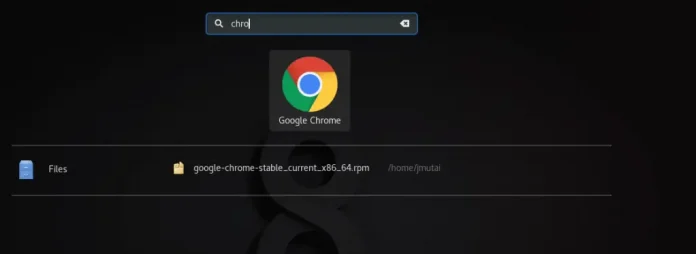Function: A Function is a reusable piece of code. It can have input data on which it can operate (i.e. arguments) and it can also return data by having a return type. It is the concept of procedural and functional programming languages.
Method: The working of the method is similar to a function i.e. it also can have input parameters/arguments and can also return data by having a return type but has two important differences when compared to a function.
- A method is associated or related to the instance of the object it is called using.
- A method is limited to operating on data inside the class in which the method is contained.
- It is a concept of object-oriented programming language.
In simple words if a function is part of an instance of a class i.e. (Object) then it is called method else it is called function.
|
Function |
Method |
|---|---|
| It is called by its own name/independently. | It is called by its object’s name/referenced. |
| As it is called independently it means the data is passed explicitly or externally. | As it is called dependently which means the data is passed implicitly or internally. |
Implementation of Function in Procedural Programming Language(C):
C
// C program to demonstrate a Function#include <stdio.h>// Declaration of functionint func(){ printf("\n FUNCTION"); // statement}int main(){ func(); // calling of function return 0;} |
Implementation of Function in Object Oriented Programming Language(JAVA):
Java
/* a method is similar in working to function but it belongs or is associated with the instance of a class i.e. object */import java.io.*;// Declaration of classclass demo { public int method() { System.out.println("METHOD"); return 0; }}class GFG { public static void main(String[] args) { demo test = new demo(); test.method(); // here you can see method belongs to // instance of a class named demo and is // called using object(test) of a // class(demo), so it is a method }} |




